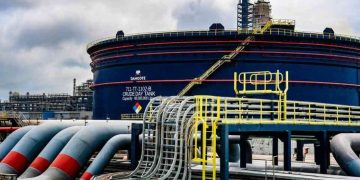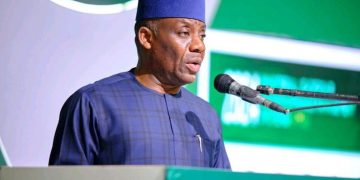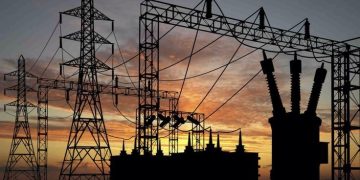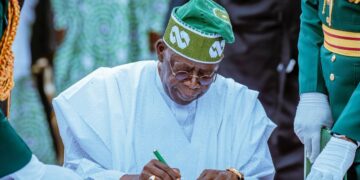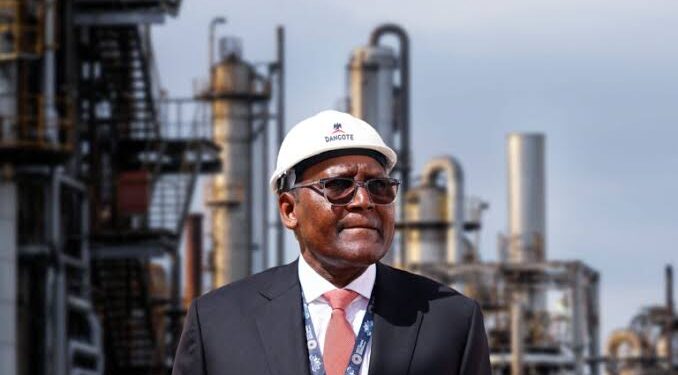The Nigerian government will start selling crude oil to the Dangote Refinery in naira from October 1, 2024. Wale Edun, Minister of Finance and Coordinating Minister of the Economy, made this announcement during a meeting with the Implementation Committee in Abuja on Monday. This change follows a decision by the Federal Executive Council, first approved in July 2023, to stop selling crude oil to local refineries in foreign currency.
The new policy is expected to stabilize both fuel pump prices and the dollar-naira exchange rate. According to the government, these transactions in naira will be a significant shift for the country’s energy sector. Initially, the Nigerian National Petroleum Corporation (NNPC) will supply four cargoes of crude oil annually to the Dangote Refinery. The refinery requires about 15 cargoes per year to meet its operational capacity. Other refineries are expected to follow suit once the pilot with Dangote is fully implemented.
Edun emphasized the roles of key regulatory bodies. The Nigerian Midstream and Downstream Petroleum Regulatory Authority and the Nigerian Upstream Petroleum Regulatory Commission will work closely with the Central Bank of Nigeria. Their goal is to ensure smooth and effective implementation of this transition. Additional support will come from the African Export-Import Bank, which has also been engaged to assist in financing and smoothing out any challenges.
The government believes this move will boost the local refining capacity and reduce the country’s reliance on fuel imports. Nigeria has long struggled with importing refined fuel, despite being a major oil producer. The ability to refine locally and sell crude oil in naira is seen as a way to save billions of dollars. This policy could redirect those savings into other areas of the economy that need development.
Zacch Adedeji, Executive Chairman of the Federal Inland Revenue Service, also announced that the first delivery of Premium Motor Spirit (PMS) from the Dangote Refinery is expected next month. This comes as part of the government’s efforts to prioritize local refining and reduce the pressure on foreign exchange reserves.
The government’s policy shift aims to create a more stable and sustainable energy sector in Nigeria. By dealing in naira, the country expects to control inflation, improve economic resilience, and stabilize the domestic fuel market.


